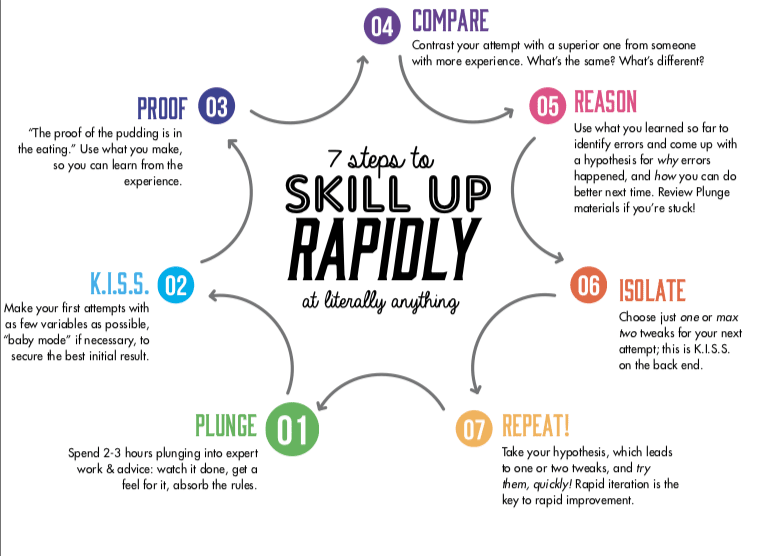Over the last few months I’ve been thinking a lot about uncertainty, and related, the illusion of certainty.
A lot of things are hard right now, and much harder for some than others, but many people I’ve talked to in the last few weeks agrees on one thing:
If you’re healthy and alive, one of the hardest parts about “these times” is having no knowable concept of the future.
I’m not talking about predicting the future. Nobody can really do that.
I’m talking about having a sense of what comes next, and how long it’s gonna take to get there.
We’re stuck not knowing how long we’ll be in this awkward and uncomfortable state of transition. If it’ll get worse before it gets better.
Where we are on the ride, so to speak.
It’s about expectations. It’s nearly impossible to hold expectations right now, and worse, when we cling to expectations we set ourselves up for a lot of pain.
And we are really, really bad at living without expectations
I just watched this very short video by Hank Green that explains why we’re so bad at living without expectations.
Hank compares parts of our current experience with the experience of breaking a broken bone or receiving a medical diagnosis.
In this 11 minute clip, Hank explains that in situations like the broken bone, there’s two kinds of pain:
- there’s the physical pain
- and then there’s a mental pain of knowing “life is not gonna be the same for a while.”
In those experiences, and now, part of how we cope with painful experiences (small and large) is by seeking the comfort of knowable expectations.
The doctor tells us how long we’re going to be in a cast, or what symptoms we’ll need to learn how to manage going forward.
But in 2020, a lot of those “answers” we’re seeking are either very vague or moving targets. We want to know how things are going to turn out and how long it’ll take to be over, but we literally can’t know until we get there.
And that’s hard.
The Problem with Making Choices in an Unknowable Future
You can also look at this through the lens of running a business.
Amy has this quote that’s repeated across our material:
“Starting a business is basically picking a fight with entropy”
I love this quote for so many reasons, but the biggest one is that it frames choice as a companion, even an ally, of chaos.
Part of the reason we’ve gotten good at business is because (thanks to a lot of practice) we’ve gotten good at making educated decisions in otherwise unknowable environments.
In fact, the core of what we teach in 30x500 is how to evaluate the facts you DO have and trusting yourself to make an educated guess that fills in the facts you can’t have because they haven’t happened yet.
It’s how you can launch products that people predictably want and buy. You can’t actually make them buy. But you can stack the deck in your favor.
Trouble is, during the chaos of 2020, those skills are being tested in new ways.
Time and certainty are intertwined in new ways. Specifically, the amount of time I can be certain of anything is small.
I used to think long term (6-12+ months), plan medium term (4-8 weeks), and work on that plan daily.
Now the furthest ahead I can reasonably think is 30 days, and I’m lucky if I can plan for next Tuesday.
And that is…scary.
It’s not all bad of course.
Money is still being spent in lots of industries. People and businesses still have problems and spend money to solve those problems.
Commerce, uh, finds a way.

But if you’re used to making plans by reacting to outside influences like OPPORTUNITY and COMPETITION, you’re gonna get super fucked up in these times.
If you define yourself and your choices by the outside world, and the outside world is deeply unstable, you inherently become unstable.
So how do we keep going?
For a lot of people - myself included - the last few months have been like a rollercoaster ride designed to disorient and confuse and flip you upside down.
Except we don’t know how long the ride is. We don’t even really know when we got on, or what the exit looks like.
My theory right now is that focusing on an unseeable exit is a very painful distraction from seeing what is right in front of us.
So no, I don’t have a magic fix. That’s not the point of this post.
My point is this:
If you spend your time staring at the exit (eg “when will this all be over/go back to normal”) you will undoubtedly miss many of your best opportunities to soothe and find calm now, and to begin building the things we need to live a better future.
There might not be an exit, unless you play an active role in creating it.

There's more where that came from
We email every Wednesday with the latest insights from our business, our students, and our research. Drop your email in the box below and we'll send new stuff straight to your inbox!
Absolutely no spam, ever. We respect your email privacy. Unsubscribe anytime. Huzzah!

